In recent years, industrial hemp has grown into a major agricultural product in the United States. Farmers have turned to hemp as a promising crop, researchers have explored its many uses, and businesses have developed everything from food products to personal care items using hemp. However, a recent federal funding freeze is now putting this industry at serious risk. This freeze could harm university research, make it harder for farmers to succeed, disrupt the food market, and negatively impact the growing wellness and personal care industries that depend on hemp-derived products.
The Importance of Federal Funding in Industrial Hemp
The federal government plays a key role in supporting agriculture through research grants, subsidies, and conservation programs. This funding helps farmers manage risks, develop sustainable farming practices, and improve crop yields. For industrial hemp, federal funding has been especially important because it is still a relatively new industry.
One of the biggest government programs that supported hemp was the Partnerships for Climate-Smart Commodities Program. Launched by the Biden administration, this program provided $3 billion in funding from the Commodity Credit Corporation (CCC), which is a funding source from the U.S. Department of Agriculture (USDA). The goal was to help farmers adopt sustainable practices and measure how different crops, including hemp, could reduce carbon emissions.
However, this program, along with other agricultural funding sources, has now been frozen due to political disputes in Washington. Republican lawmakers have criticized the use of USDA funding for climate-smart agriculture, arguing that it goes beyond the CCC’s intended purpose. As a result, some funding that was meant for hemp farmers and researchers is now on hold, leaving many in the industry uncertain about the future.
Impact on University Research
Many universities across the country have been researching the best ways to grow hemp and use it in different industries. For example, Lincoln University in Missouri received $5 million from the USDA to study how hemp can help with soil health and reduce carbon emissions. These types of research projects are critical because they provide farmers with the information they need to grow hemp successfully.
Without federal funding, these projects are at risk of shutting down. This means that universities may not be able to continue studying the best hemp farming techniques, new uses for hemp fiber, or ways to improve seed quality. It also affects students and researchers who rely on these projects for academic and career development.
The loss of funding could also slow down innovation in industries that rely on hemp. For example, scientists have been exploring how hemp can be used in biodegradable plastics, construction materials, and even biofuels. Without support, these breakthroughs may take much longer to reach the market.
Impact on Farmers
Many farmers invested a lot of money into transitioning their farms to grow hemp, hoping that it would provide them with a profitable alternative to crops like corn, wheat, or soybeans. Unlike traditional crops, hemp has multiple uses—it can be processed into fiber for textiles, seeds for food, or oil for wellness products.
However, growing hemp is not easy. The plant requires specific soil conditions, water levels, and harvesting techniques. Without federal support, farmers face more risks. If they don’t receive grants or financial assistance to help with hemp production, many may struggle to continue growing it.
Additionally, many farmers were counting on federal conservation programs that pay them to use hemp in ways that benefit the environment. For example, some programs reward farmers for growing crops that improve soil health and reduce carbon emissions. With the funding freeze, farmers may not be able to participate in these programs, making hemp less attractive as a crop choice.
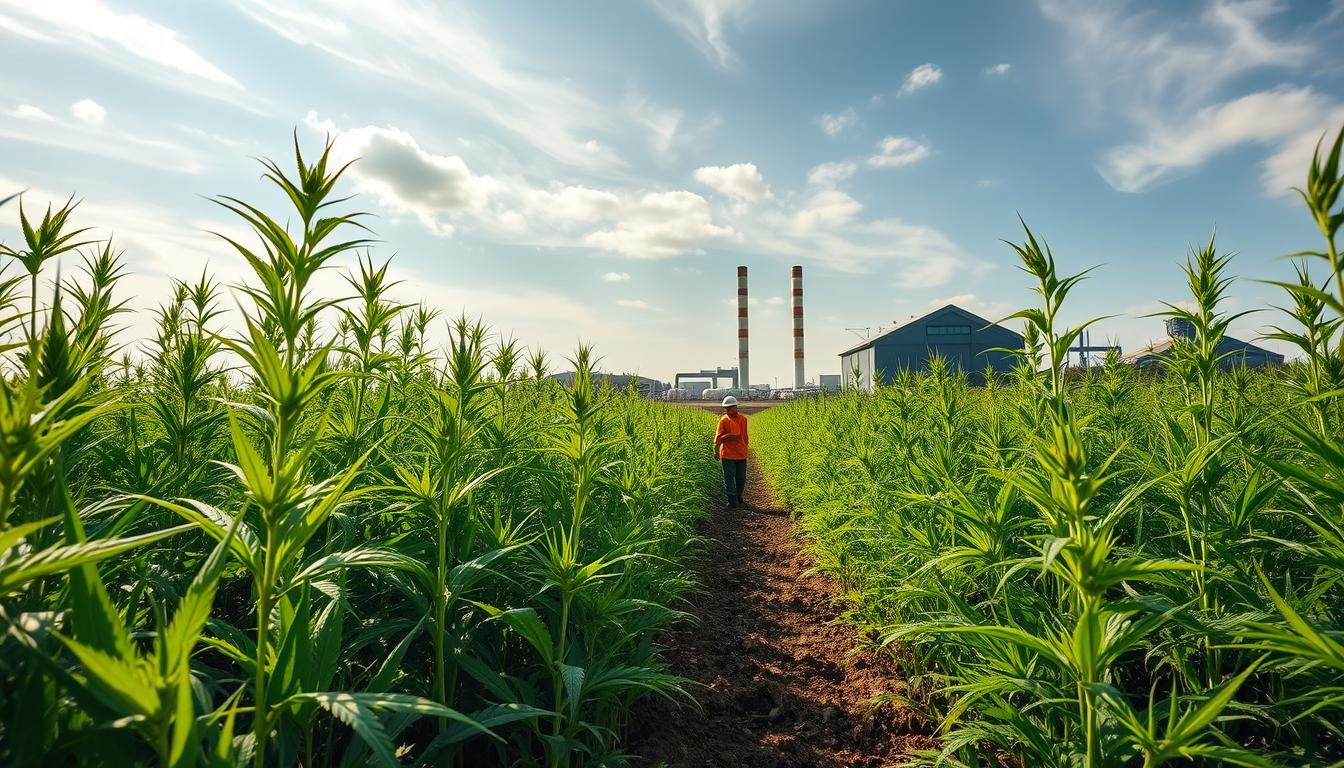
Impact on the Food Industry
Hemp seeds have become a major player in the food industry. Known as a superfood, hemp seeds are packed with protein, healthy fats, and essential vitamins and minerals. They are used in a variety of food products, including granola bars, protein powders, dairy-free milk, and snack foods.
Large retailers like Costco, BJ’s, and Whole Foods stock hemp-based food products because they are in high demand. However, if farmers stop growing hemp due to the funding freeze, the supply of hemp seeds could shrink, causing prices to rise. Higher prices could make hemp foods less accessible to consumers and force some companies to scale back production.
Additionally, many food companies rely on hemp research to improve the quality and nutrition of their products. If university research slows down, it could delay new product development and limit the growth of the hemp food industry.
Impact on Wellness and Personal Care Industries
Hemp is also widely used in the wellness and personal care industry. Products like hemp lotions, shampoos, and CBD oils have gained popularity due to their natural health benefits. Many people use hemp-based products for skincare, pain relief, and relaxation.
With federal funding frozen, research into the benefits of hemp-based wellness products could also slow down. Scientists were studying how hemp compounds interact with the human body and whether they can be used in medical treatments. Without this research, companies may have a harder time marketing their products, and consumers may see fewer innovations in the industry.
The funding freeze could also affect regulations for hemp-derived products. The U.S. Food and Drug Administration (FDA) has been working on new guidelines for hemp-based wellness items. Without federal funding to support research and regulation, the process could be delayed, causing uncertainty in the market.
Ripple Effects on Other Industries
The effects of the funding freeze are not limited to farmers, researchers, and food companies. There are many ancillary businesses that rely on hemp to thrive. These include:
- Processing Facilities – Businesses that process raw hemp into usable materials may struggle to stay open if fewer farmers are growing hemp.
- Retail Stores – Shops that sell hemp products, from food to clothing, could see supply shortages and price increases.
- Transportation and Logistics – If less hemp is being produced, trucking and shipping companies that transport hemp products could lose business.
What’s Next for the Hemp Industry?
As long as the funding freeze remains in place, the industrial hemp industry will face challenges. However, industry leaders and farmers are pushing back. Many organizations are lobbying Congress to restore funding and recognize the economic and environmental benefits of hemp.
Some state governments may step in to provide their own funding for hemp research and development. Private investors could also play a role in keeping the industry alive by funding new projects and businesses.
In the meantime, farmers and businesses will need to be strategic in how they move forward. Diversifying revenue streams, seeking alternative funding sources, and collaborating with universities and private sector partners could help keep the industry afloat.
What’s Next for the Hemp Industry?
As long as the funding freeze remains in place, the industrial hemp industry will face challenges. However, industry leaders and farmers are pushing back. Many organizations are lobbying Congress to restore funding and recognize the economic and environmental benefits of hemp.
Some state governments may step in to provide their own funding for hemp research and development. Private investors could also play a role in keeping the industry alive by funding new projects and businesses.
In the meantime, farmers and businesses will need to be strategic in how they move forward. Diversifying revenue streams, seeking alternative funding sources, and collaborating with universities and private sector partners could help keep the industry afloat.
Conclusion
The federal funding freeze has placed industrial hemp in a challenging position. Without government support, university research may slow down, farmers may struggle to maintain their crops, and the food and wellness industries could face disruptions.
However, the industry has shown resilience before. By advocating for policy changes, seeking alternative funding, and continuing to promote the benefits of hemp, stakeholders can work to keep this promising industry moving forward.
For now, those involved in the hemp industry must stay informed, prepared, and ready to take action to ensure that this vital crop continues to grow in the United States.

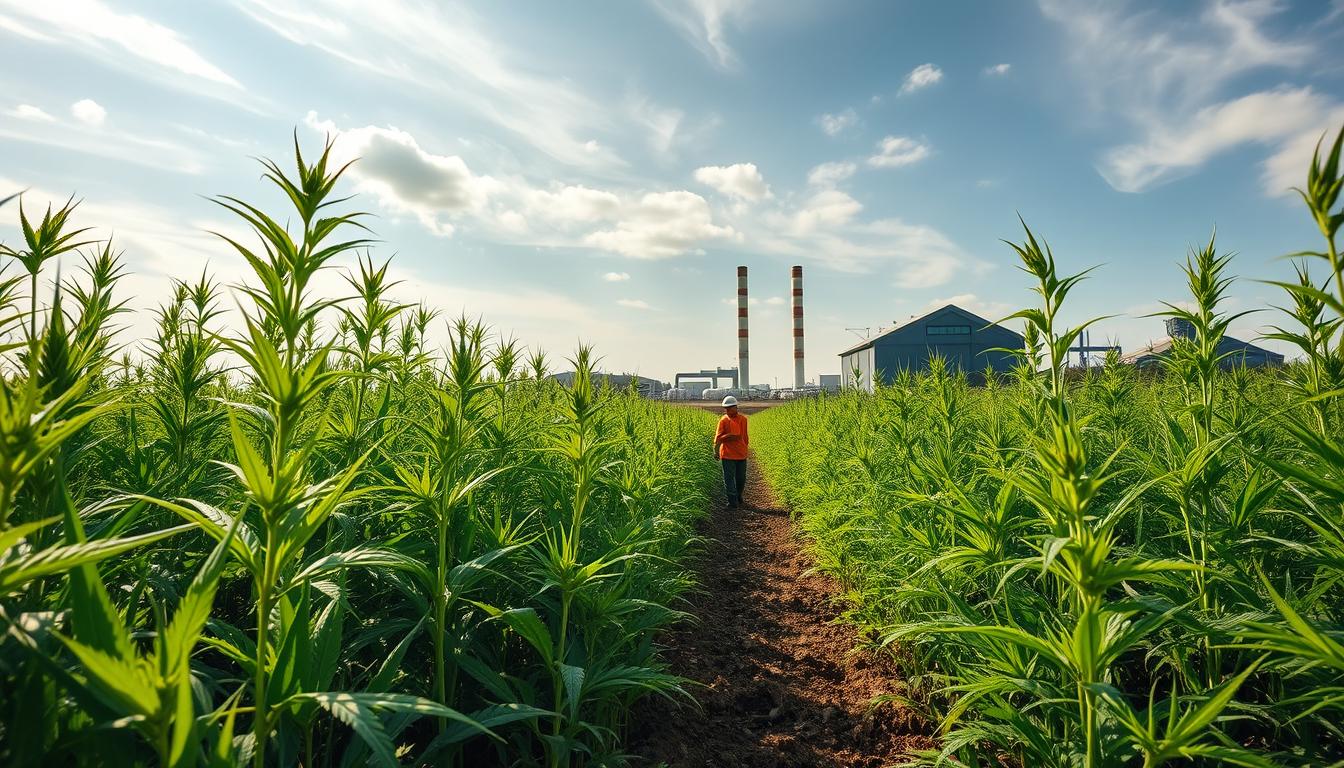
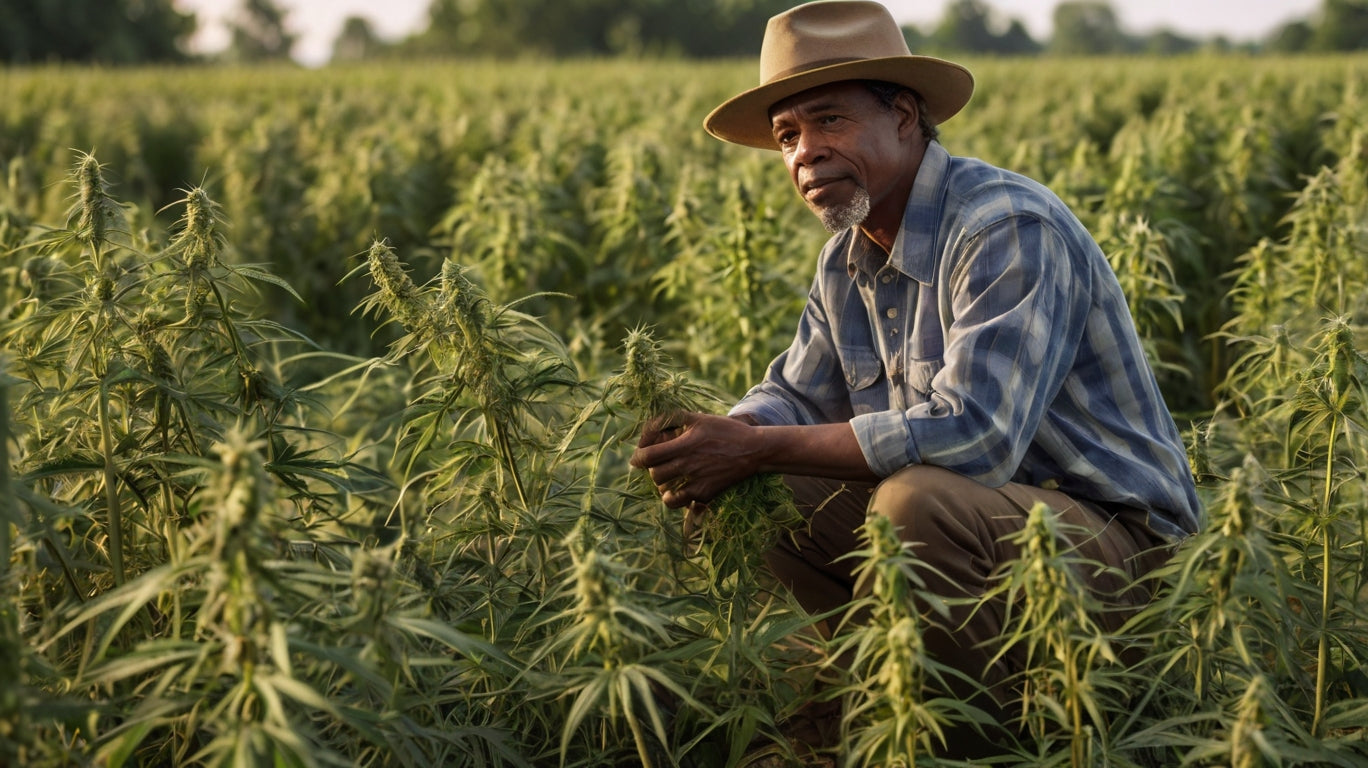
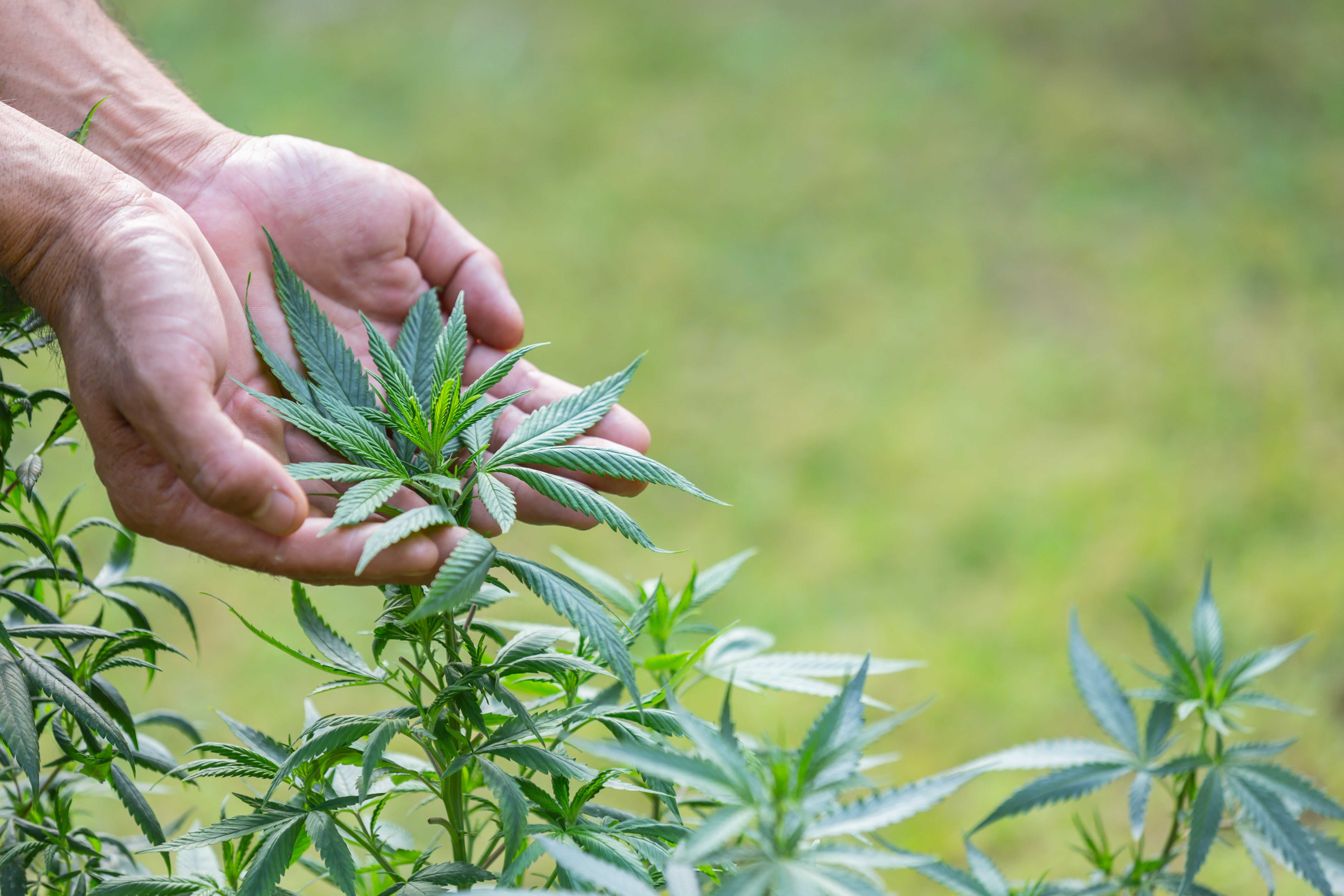
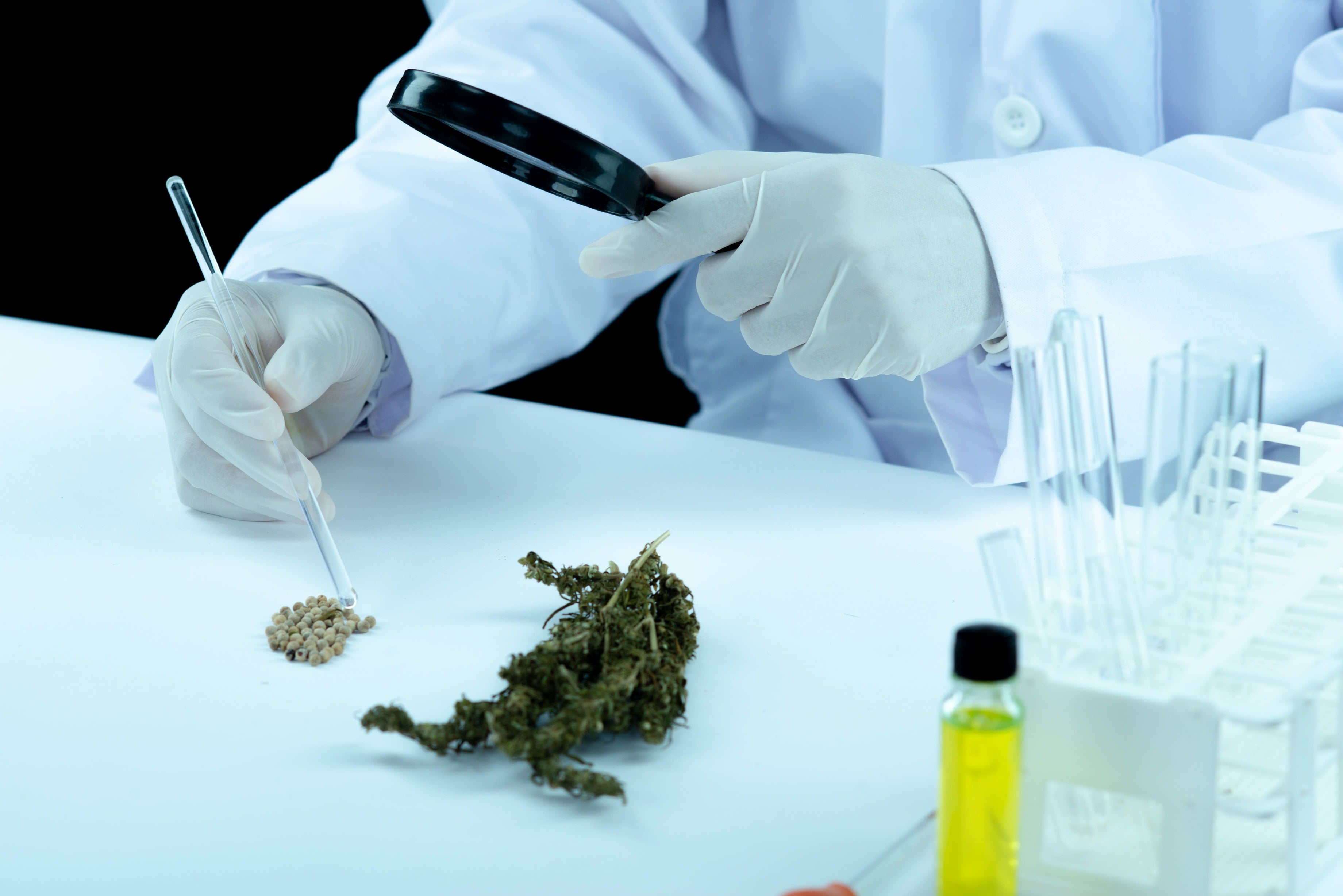
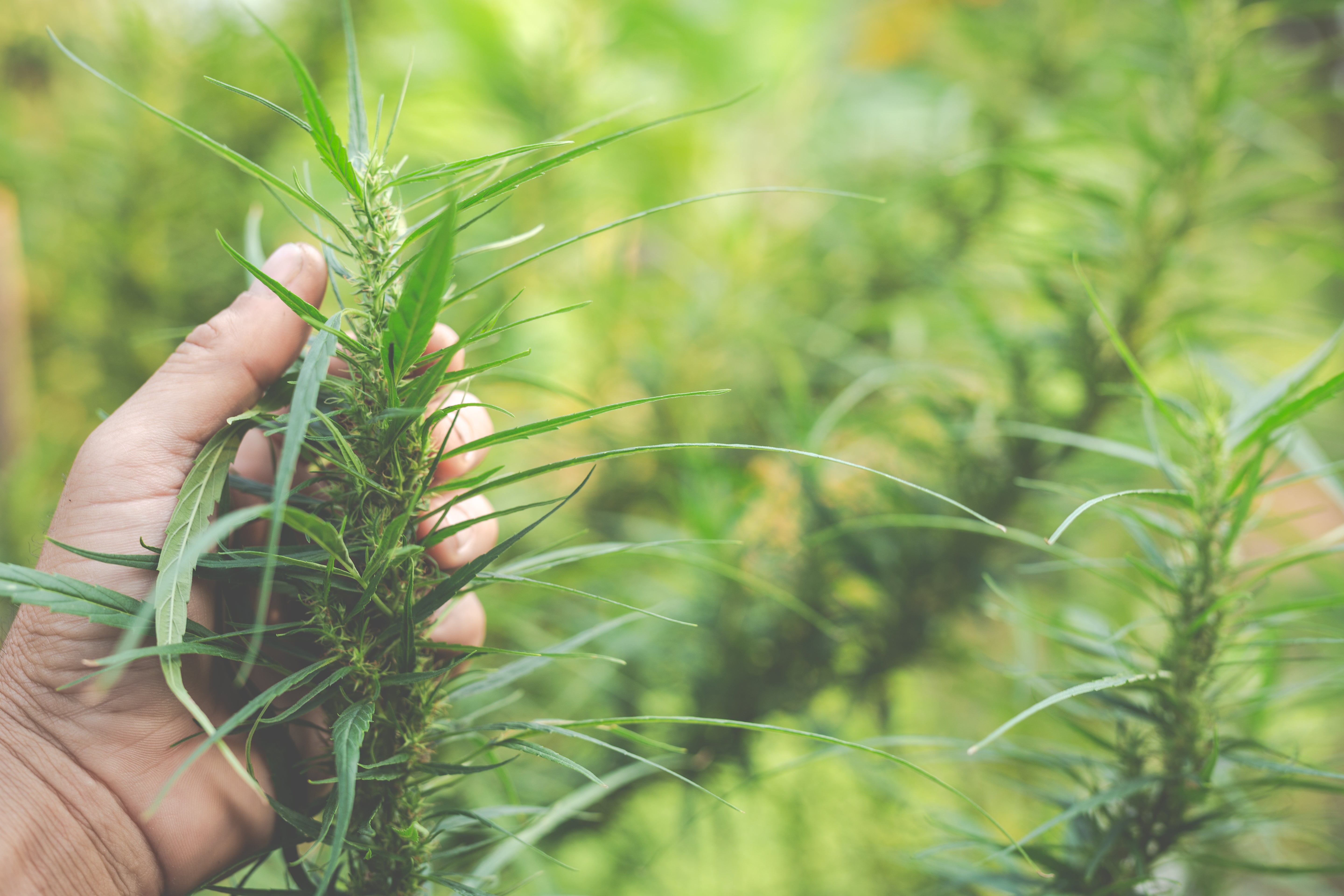

Share:
Policy Shifts & Market Growth: The Role of Industrial Hemp in Global Trade Regulations
Handcrafted Wellness: How Piedmont Hemp Co. is Redefining Self-Care with Ethical, Natural Products